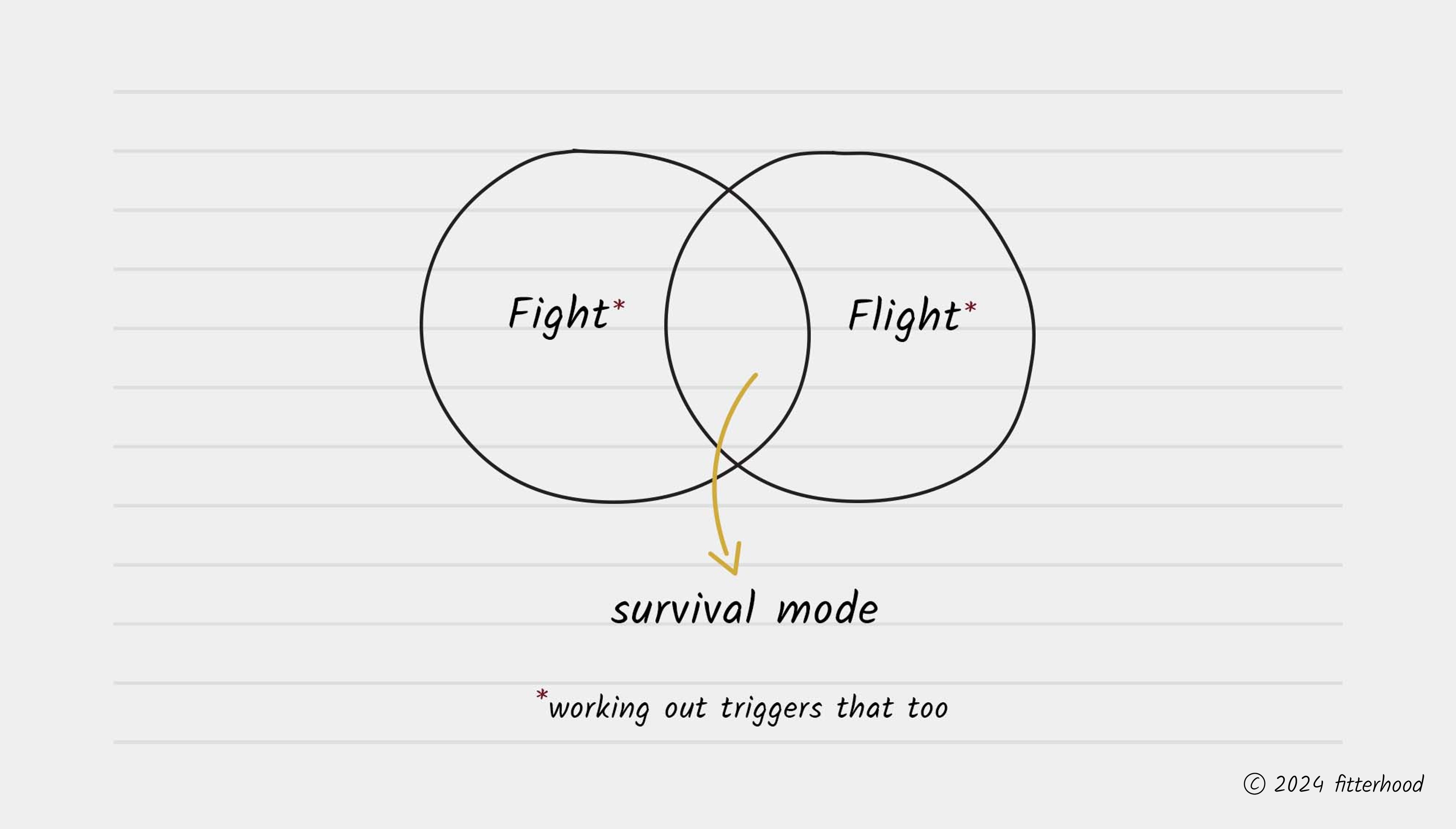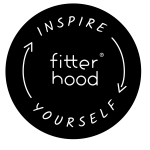 Whether stress is positive (eustress) or negative (distress), our bodies have the same physiological response and release the same hormones.
Whether stress is positive (eustress) or negative (distress), our bodies have the same physiological response and release the same hormones.
Fight or Flight response to stress is a defence mechanism in our immunity system, that 4 million years of evolution did not manage to take away.
Stress changes the hormonal physiology and makes you more susceptible to autoimmune flares. Stress modulation and regulation of the triggers that tax and deplete you to avoid chronic survival mode, is key. Yoyo diets, calorie deficits, excess cardio, and overtraining, all these put your body in survival mode.
Is stress good or bad?
Only you can answer that question for yourself. The important reality: it isn’t ever going away. You will always have stressors. For this, you want to make sure you stay out of a chronic state of survival mode.
You can find endless information out there, of very top-down wellbeing to do lists. Like exercise, breathing, meditation, mindfulness, sleep, superfoods, or good advice such as “slow down”, “find a hobby”, “stop being hard on yourself” (duh!)
The physiological benefits of exercise for stress management are endless. To list only a few: the release of muscle tension and lower baseline tension; burning off stress-induced adrenaline, which leaves the bloodstream and is consumed in the muscles; production of beta-endorphins, the body’s own morphine painkiller and feel-good neurotransmitters that can trigger feelings of happiness, relaxation, optimism, etc.
The “relaxation response” is a natural and innate protective mechanism against overstress. It allows you to turn off harmful bodily effects and to counter the effects of the fight-or-flight response. You can learn to initiate a relaxation response that works for you, by practicing deep breathing, muscle relaxation, mental relaxation, or deeper relaxation techniques. With practice you would be able to access a relaxed state of mind “on demand”. How cool is that?
There are many techniques to bring yourself back into ‘rest mode’. Meditation, autogenic relaxation, visualisation, or progressive muscle relaxation require some amount of knowledge and practice. Deep breathing techniques are a good starting place and can be effective for on-the-spot tension reducers or even when you are not feeling stressed. Do not underestimate conscious steps to control the amount of air that is inhaled and exhaled, in giving a message out to your nervous system that everything is ‘OK’. Conscious procedures to change one’s self-talk or negative thought loops by practicing “blocking”, “thought-stopping”, or other, similar process-type methods can work wonders too.
Sure, all these can work. But what works for you? That’s so different for each. Plus, integrating these into your day to day is another ballgame. Because the best plan is the one you can realistically sustain and enjoy. You are unique in many ways, including the way you hold, release and manage your stress.
This is just the tip of the iceberg concerning the story of stress. And this post is just to put into perspective the huge amount of control that you have in regulating it.
I still have so much to tell you.
Stay attuned and inspire yourself.

